When flying, the last thing you want is to get sick or sluggish when you deboard. Many people feel bloated and run down just because they didn’t track what they ate during their flight.
Here are a few things that you should definitely avoid eating while traveling in an airplane.
Food Items With High Sodium Content

Consuming foods high in sodium, such as chips, salted nuts, and processed snacks, can lead to gas, dehydration, and constipation. To avoid these issues, monitor your sodium intake by choosing low-sodium options and drinking plenty of water during the flight.
Ketchup and Sauces
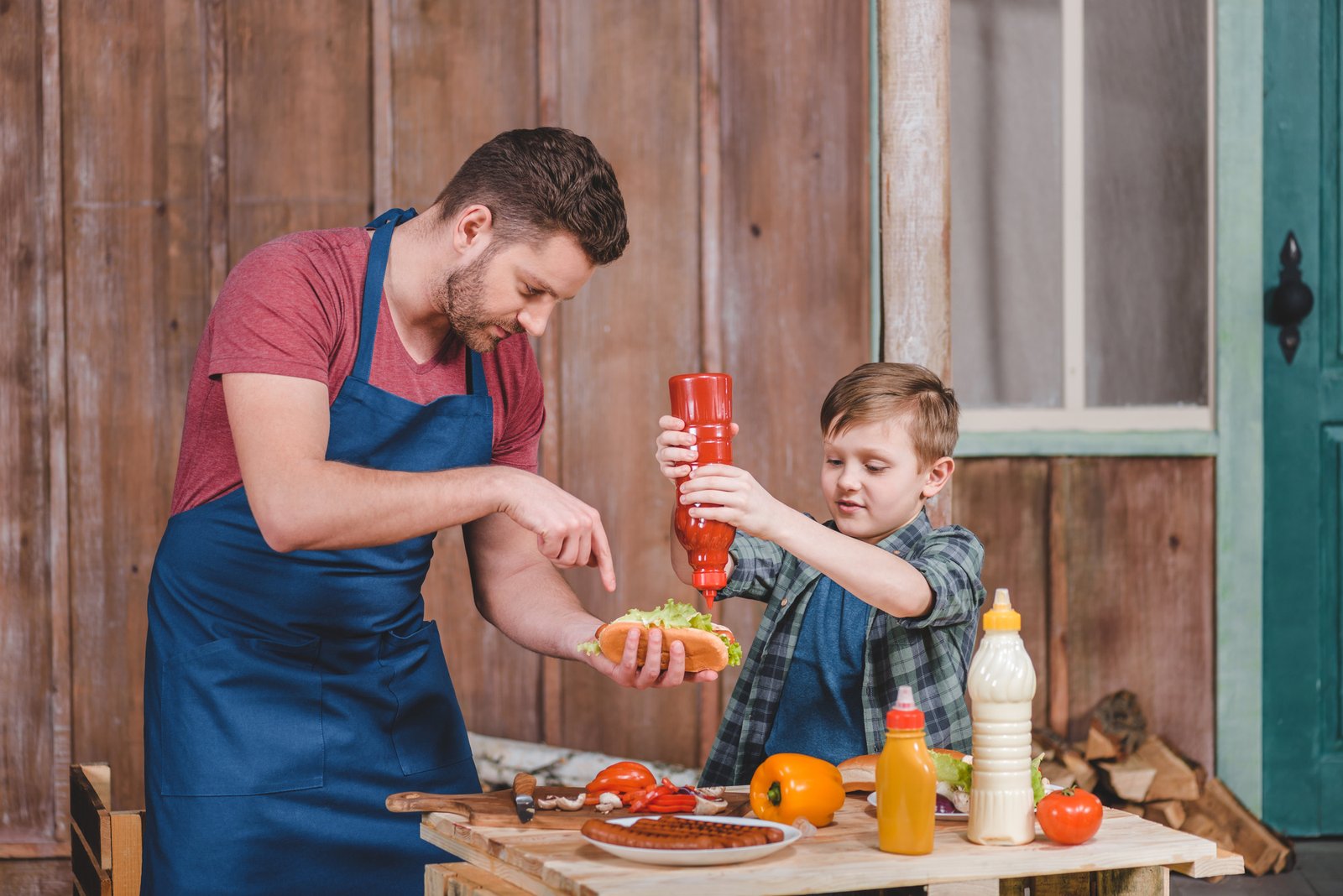
Experts recommend avoiding ketchup and sauces during flights because they are often paired with foods that require reheating or frying, which can cause digestive problems at high altitudes. Stick to simpler, lighter meals that don’t include these condiments to stay comfortable.
Acidic Fruits

Fruits like pineapples, mangoes, and oranges can cause stomach discomfort and bloating when consumed before or during a flight. The decreased cabin pressure can exacerbate these effects, leading to burping, hiccups, and indigestion. Opt for non-acidic fruits like bananas or apples instead.
Alcohol

Staying hydrated is crucial during a flight, and alcohol counteracts this by causing dehydration. Drinking alcohol can also make you feel uneasy due to the combination of processed airplane food and the effects of altitude. It’s best to avoid alcohol and drink water or herbal tea.
Caffeinated and Carbonated Drinks

Caffeinated and carbonated drinks can worsen bloating and indigestion and contribute to dehydration. Avoid consuming these beverages before and during your flight, and choose water or natural fruit juices instead.
Fast and Fried Food

Fast and fried foods are high in fat and can cause indigestion and discomfort. Their greasy nature can lead to bloating and sluggishness, making it harder to relax during your flight. Opt for lighter meals such as salads, fruits, and whole grains.
Red Meat
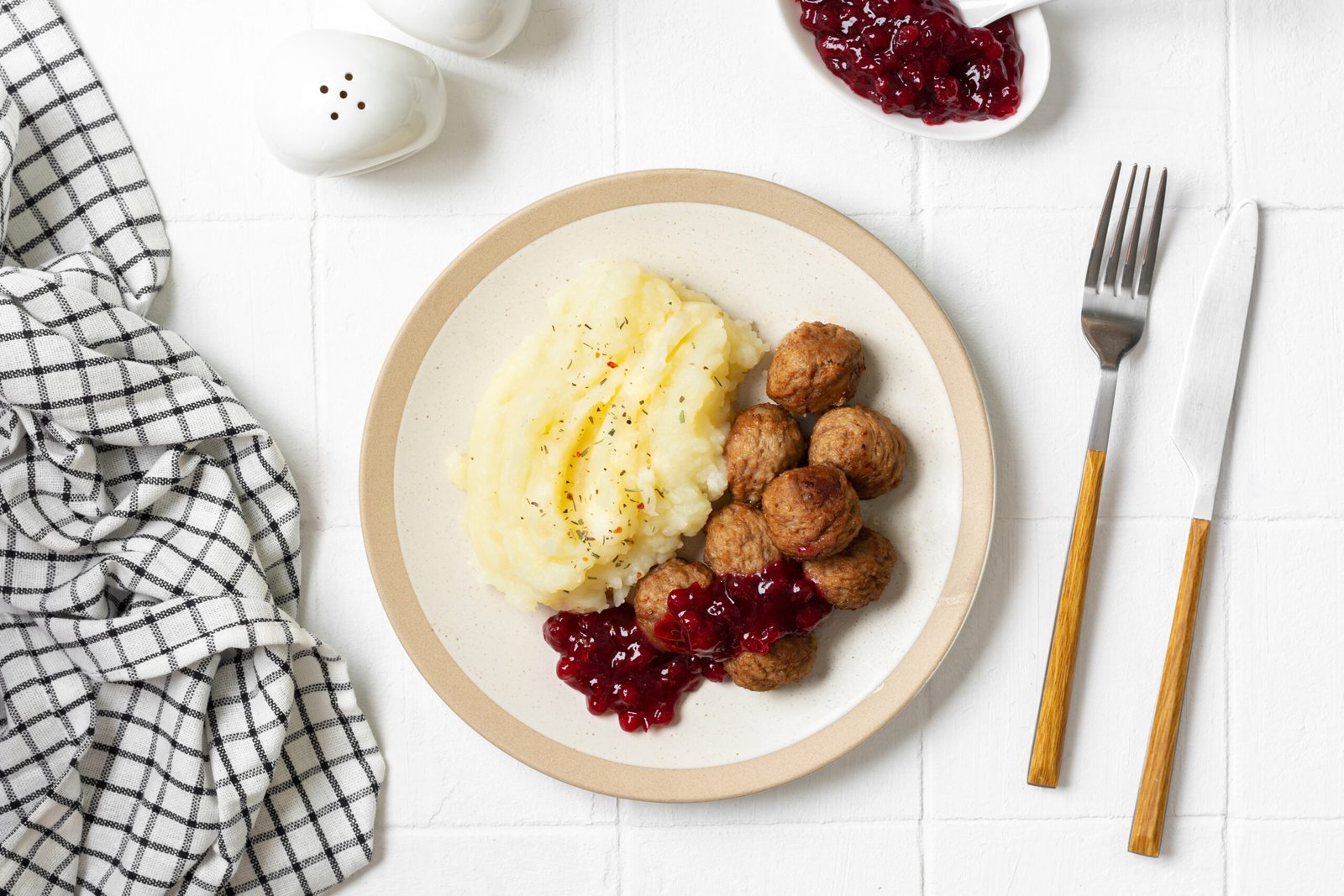
Red meat is difficult to digest, especially in the pressurized cabin environment of an airplane. It can lead to bloating and other gastric issues due to its high protein and fat content. Choose leaner proteins like chicken or fish instead.
Beans
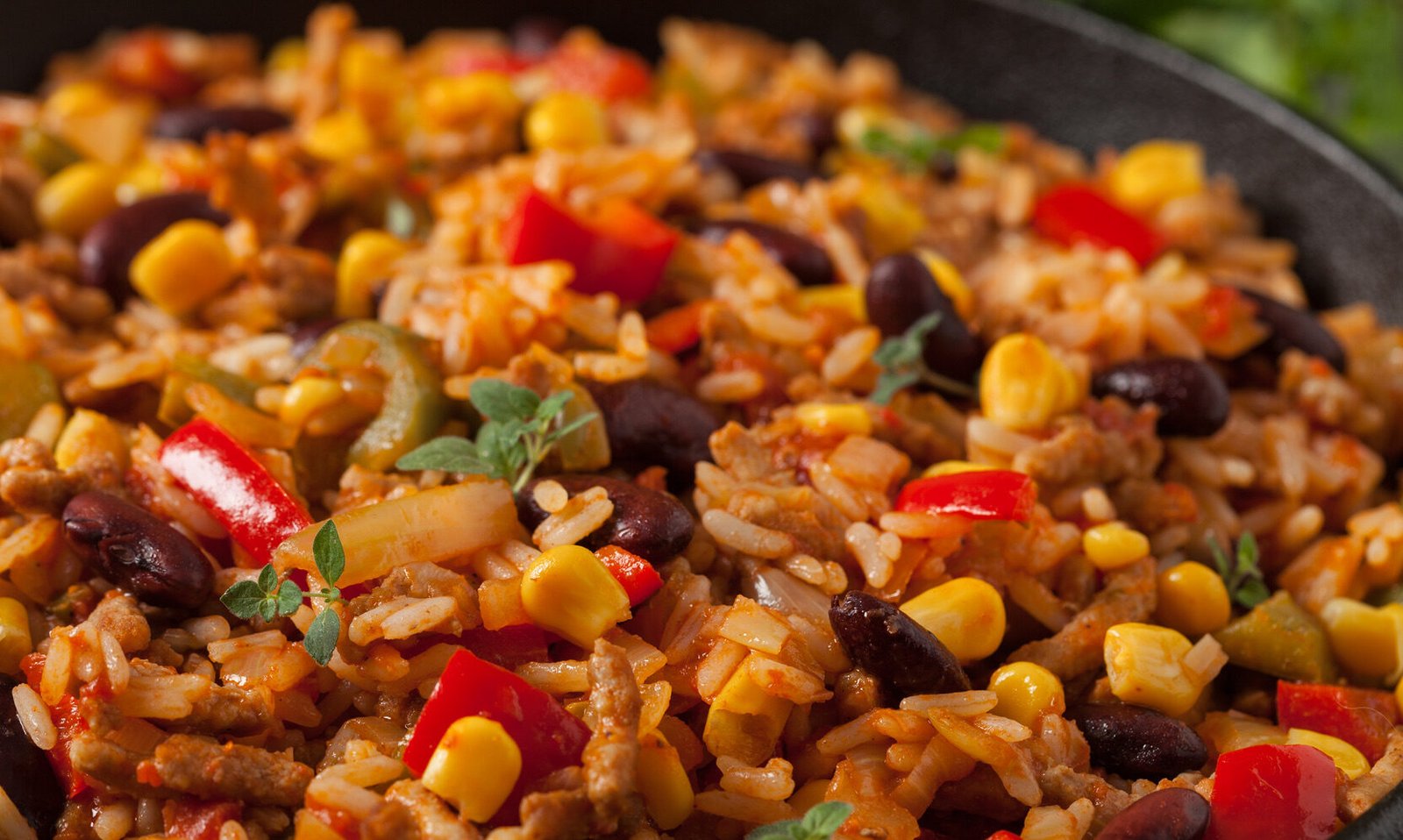
Beans can cause gas and bloating due to the low air pressure inside the airplane, which causes gas in the digestive system to expand. They are also high in fiber and certain carbohydrates, making them difficult to digest. Opt for easier-to-digest foods like rice or cooked vegetables.
Broccoli, Cabbage, and Cauliflower

These vegetables can create gas during digestion, leading to discomfort. It’s best to avoid them until after your flight. Choose other vegetables like carrots or green beans that are less likely to cause gas.
Spicy Food

Spicy foods can cause stomach discomfort, heartburn, and digestive issues. They may also lead to frequent bathroom visits, which can be inconvenient during a flight. Opt for milder foods to ensure a more comfortable journey.
Chewing Gum

Chewing gum can cause you to swallow excess air, leading to bloating. Instead, consider mint candy or fennel seeds to freshen your breath without the unwanted side effects.
Dairy Products
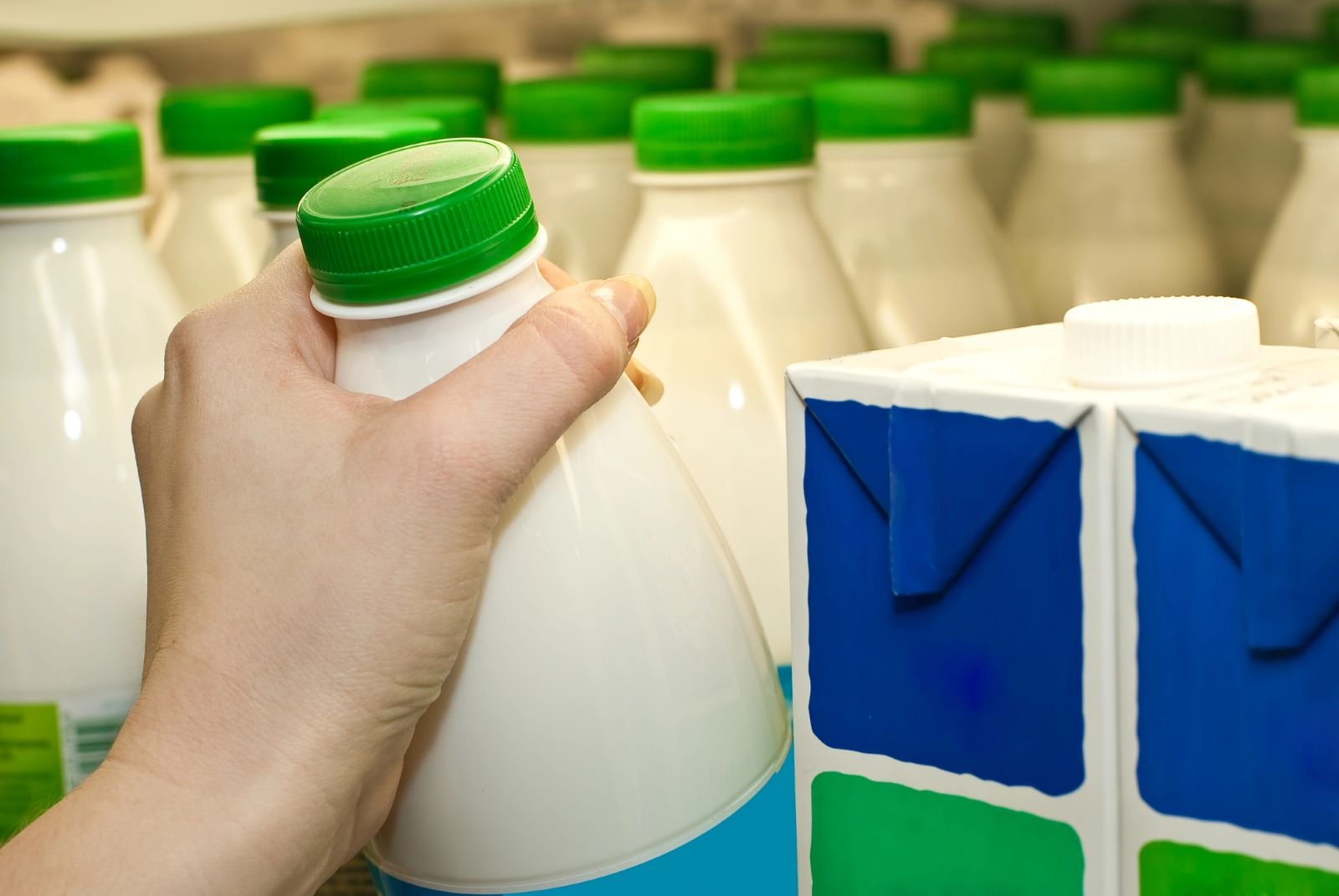
Dairy products like milk, cheese, and yogurt can cause bloating and discomfort, especially for those who are lactose intolerant. Choose lactose-free options or avoid dairy altogether to prevent any issues during the flight.
Legumes

In addition to beans, other legumes like lentils and chickpeas can also cause gas and bloating. They are high in fiber and difficult to digest, making them less ideal for in-flight consumption. Opt for lighter protein sources such as tofu or eggs.
Sugary Snacks
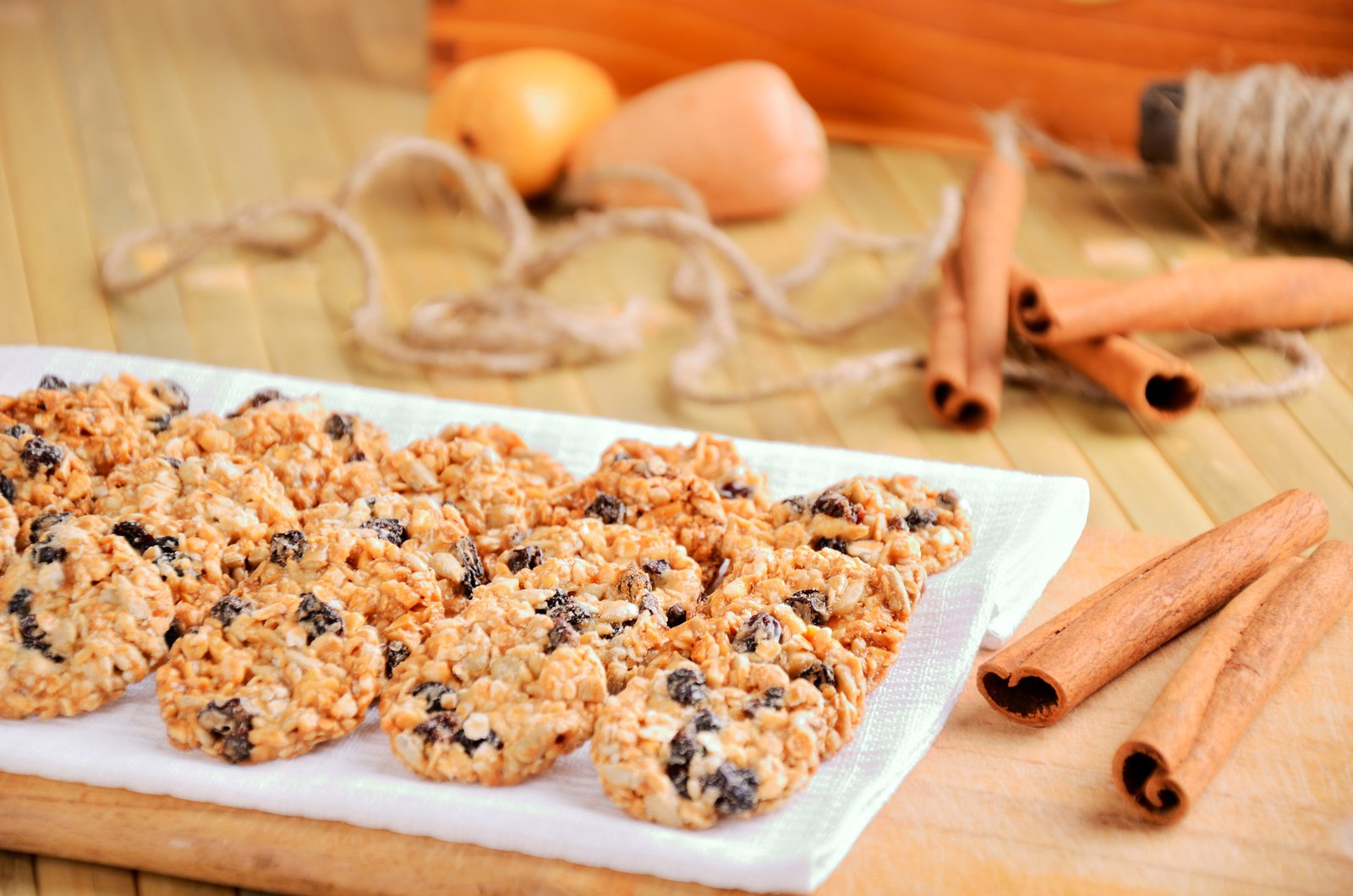
Sugary snacks like candy, cookies, and pastries can lead to a quick spike in blood sugar followed by a crash, making you feel sluggish and uncomfortable. Choose snacks with a balance of protein and healthy fats to maintain steady energy levels.
Raw Vegetables
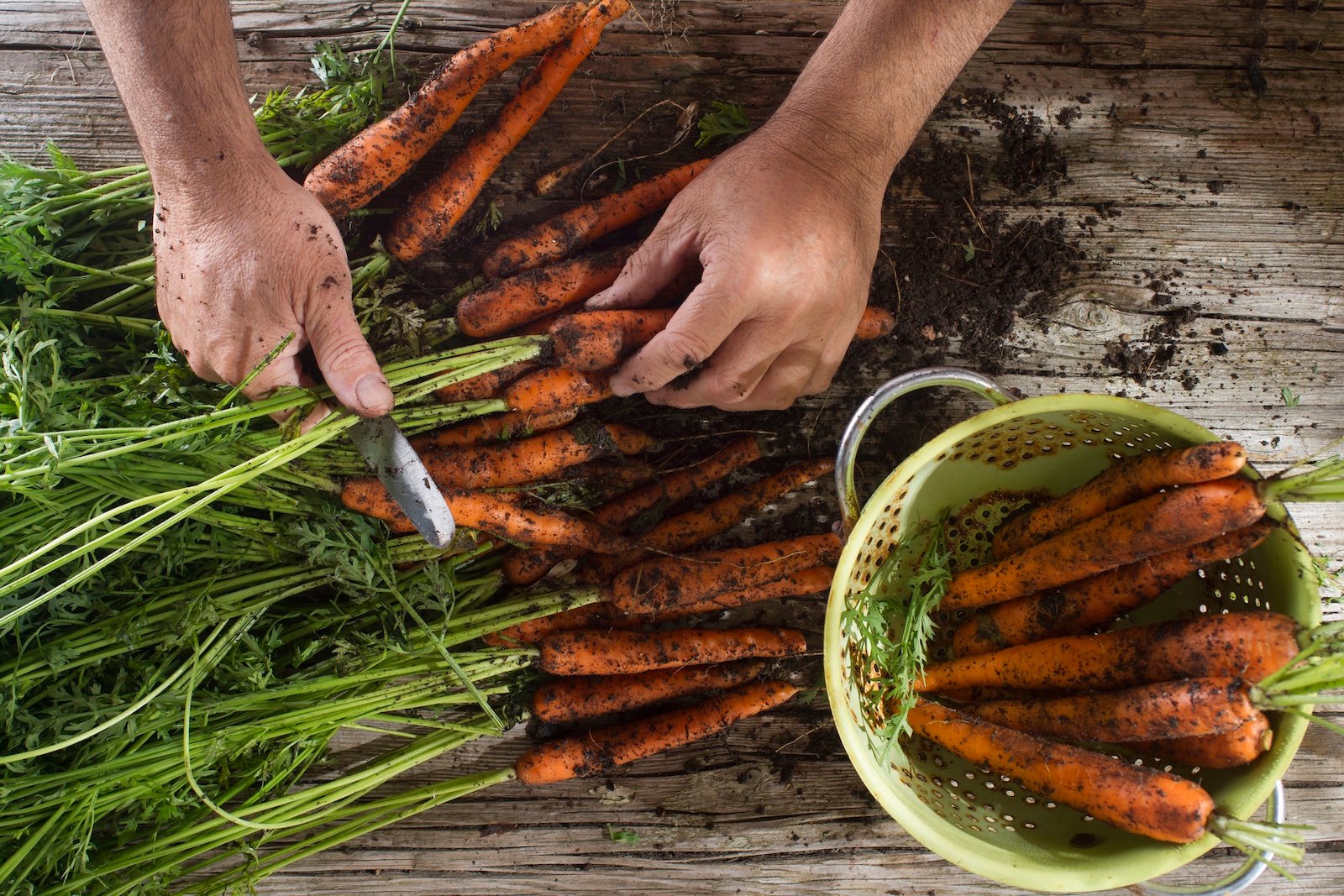
Raw vegetables like carrots and celery sticks can be difficult to digest and may cause bloating. Opt for steamed or cooked vegetables instead to ease digestion and avoid discomfort.
Garlic and Onions

Garlic and onions can cause bad breath and stomach discomfort. These foods are known to cause gas and bloating, which can be particularly uncomfortable in the confined space of an airplane. Avoid these ingredients before and during your flight.
Pastries and Baked Goods

Pastries and baked goods are often high in sugar and refined carbohydrates, which can lead to a quick spike in blood sugar followed by a crash. This can leave you feeling tired and sluggish. Choose whole grain options or fresh fruits instead.
Energy Drinks

Energy drinks are high in caffeine and sugar, which can lead to dehydration, jitteriness, and a subsequent crash in energy levels. Instead, opt for water or herbal tea to stay hydrated and maintain steady energy.


